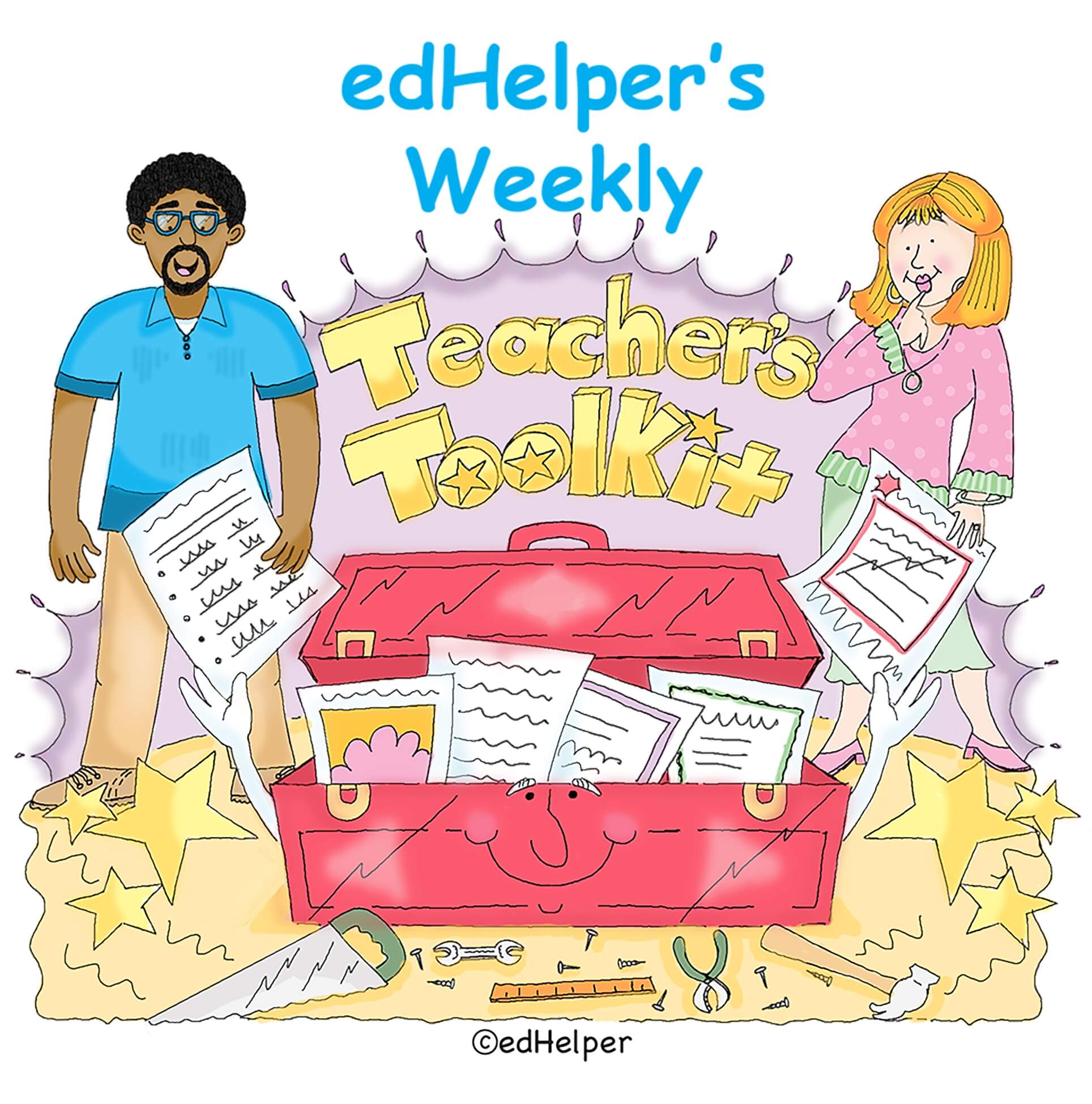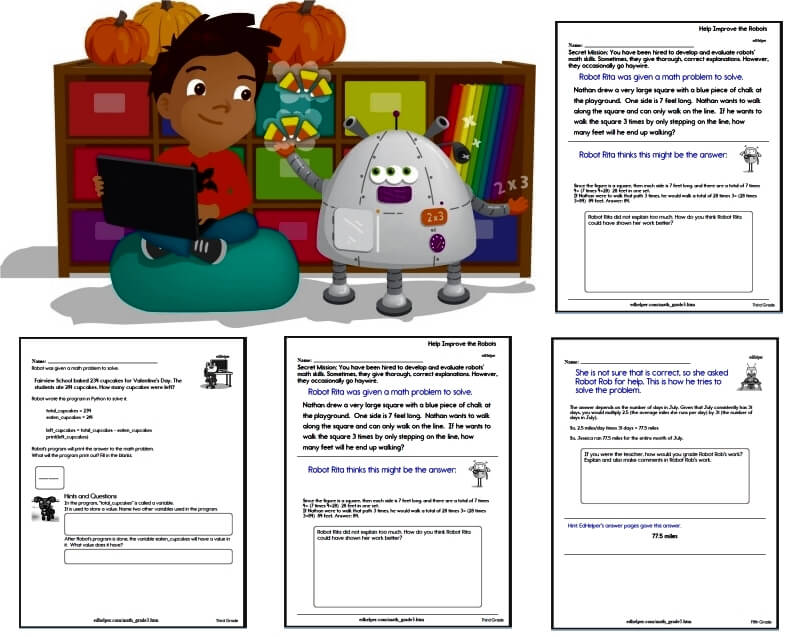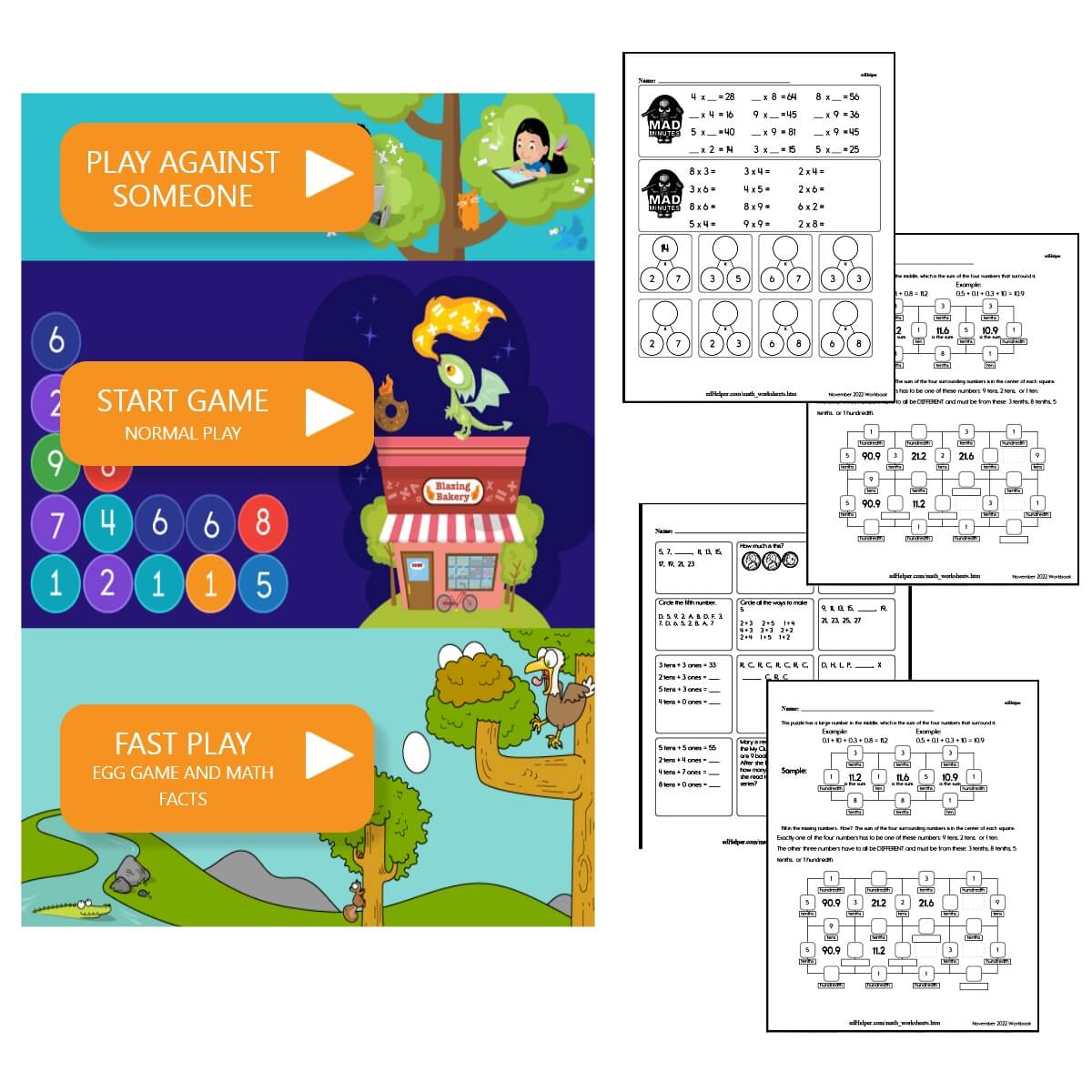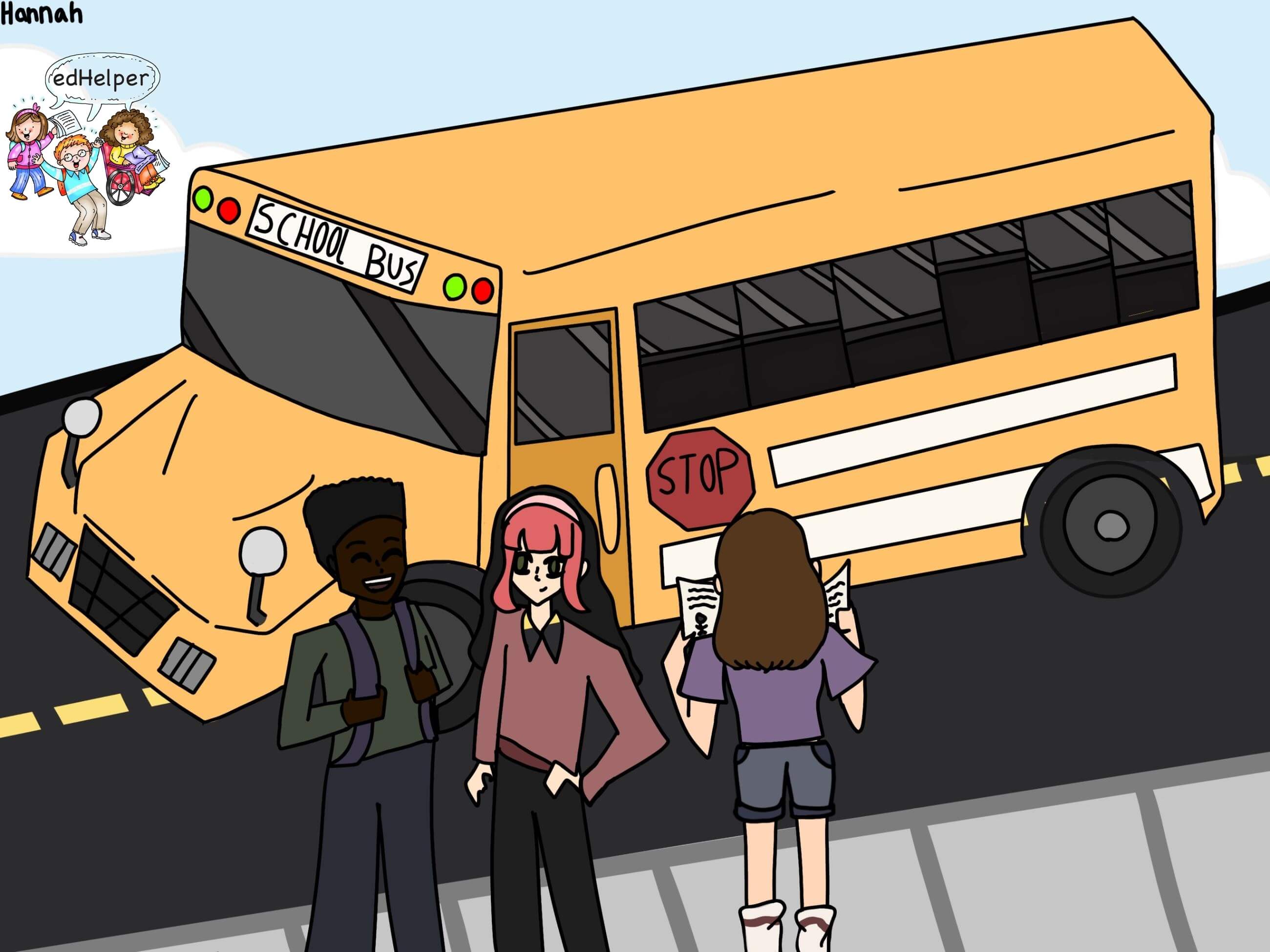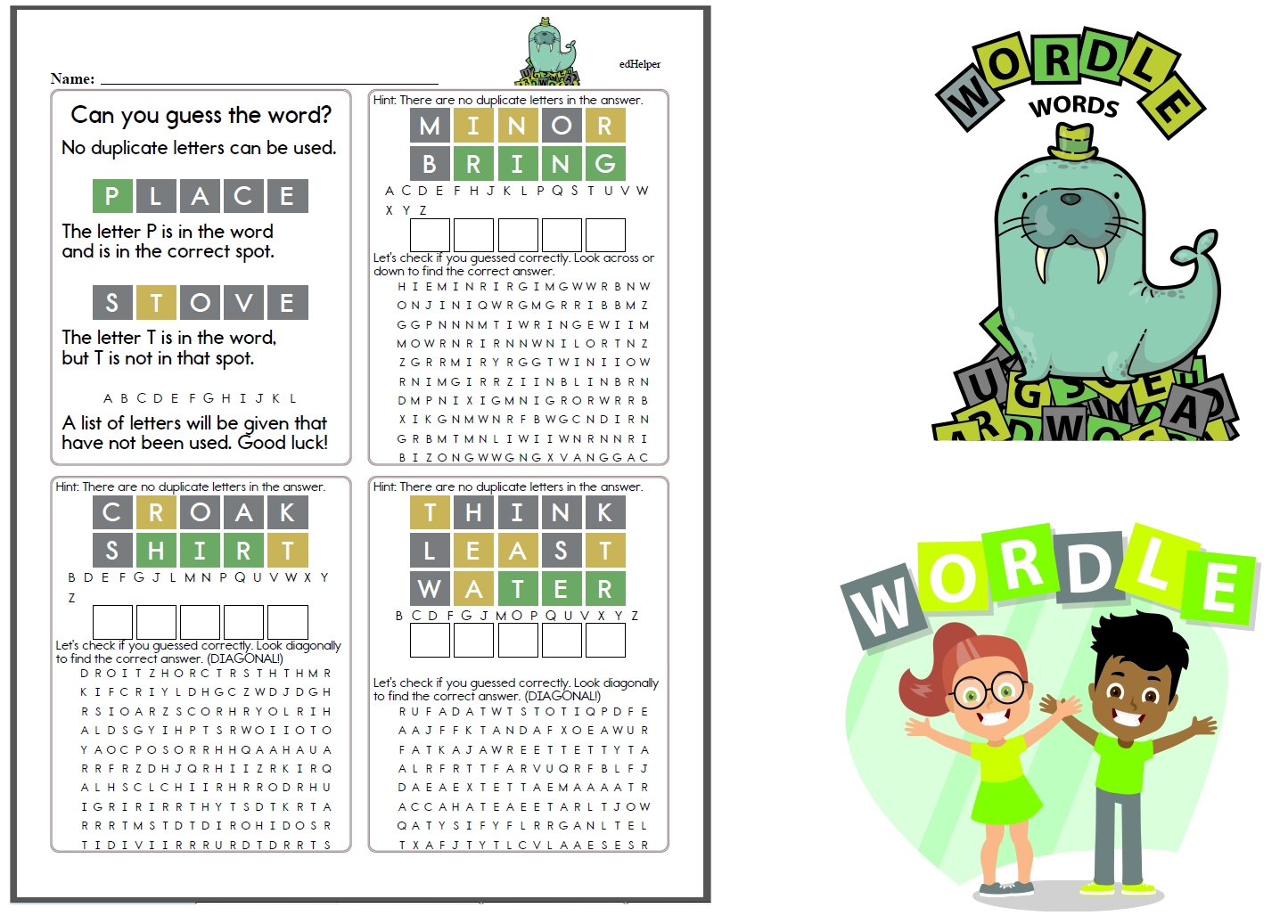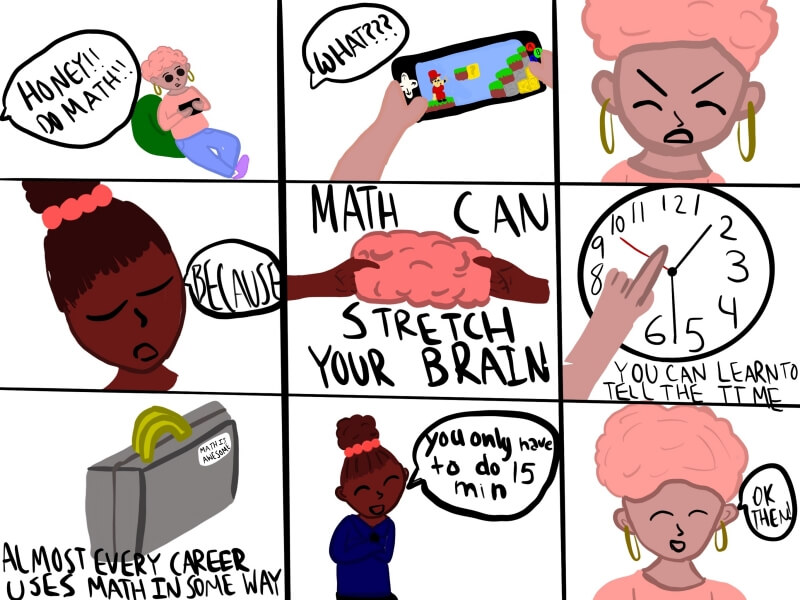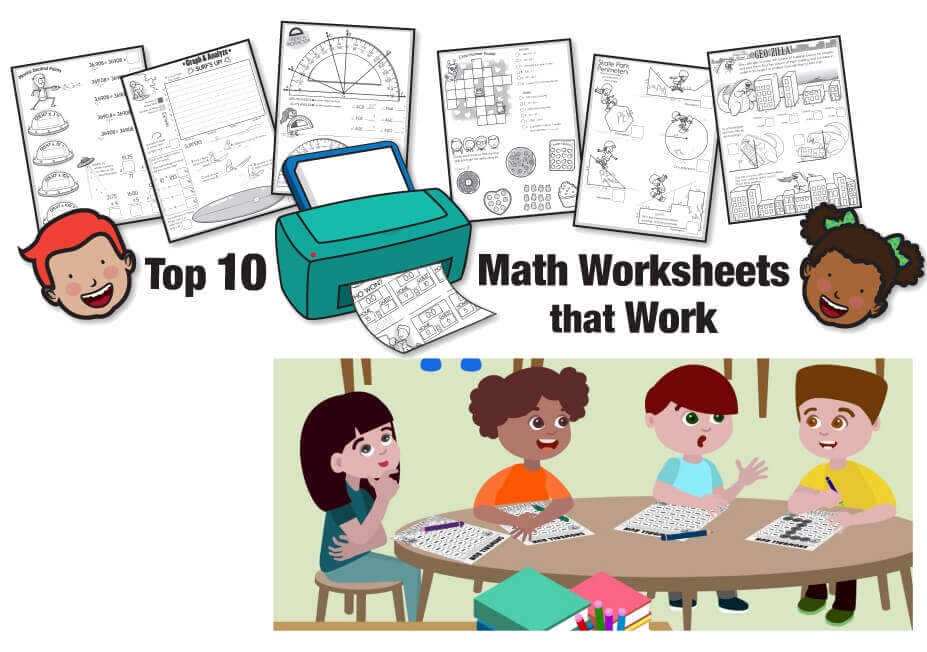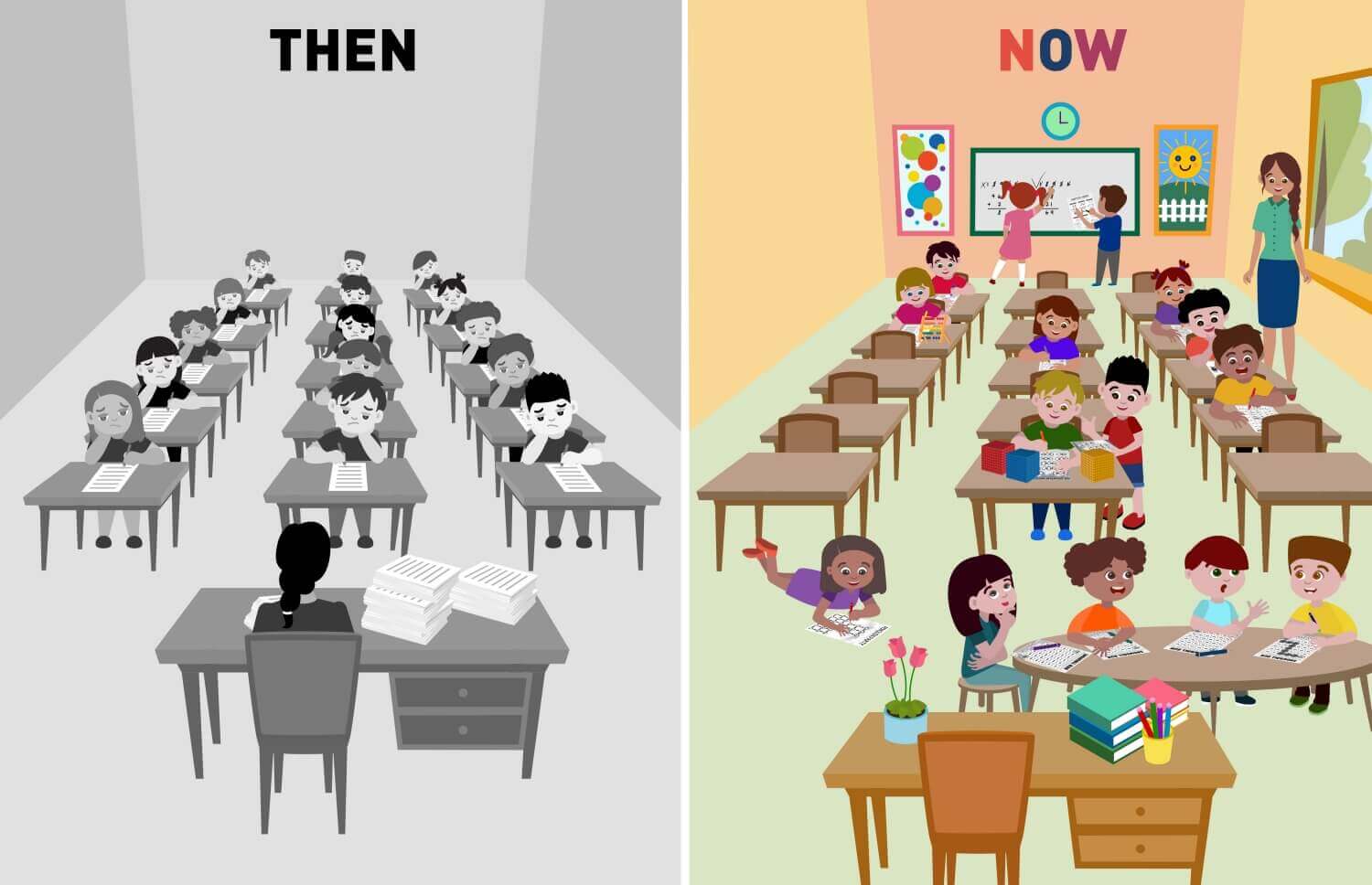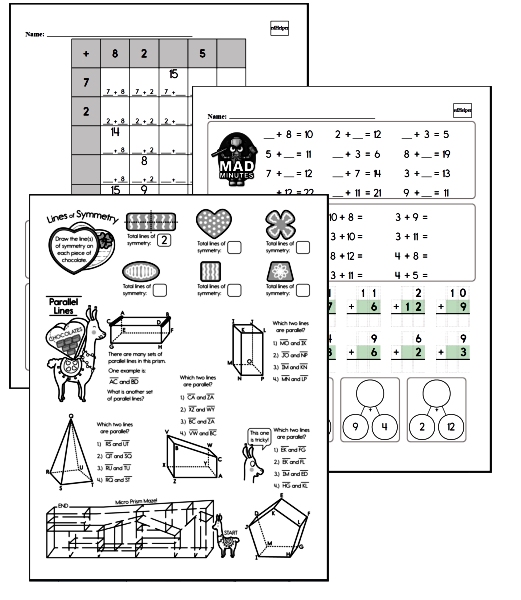Ready, Set, Teach: Preparing for the Upcoming School Year
By: edHelper Staff
Updated: Aug 18, 2024
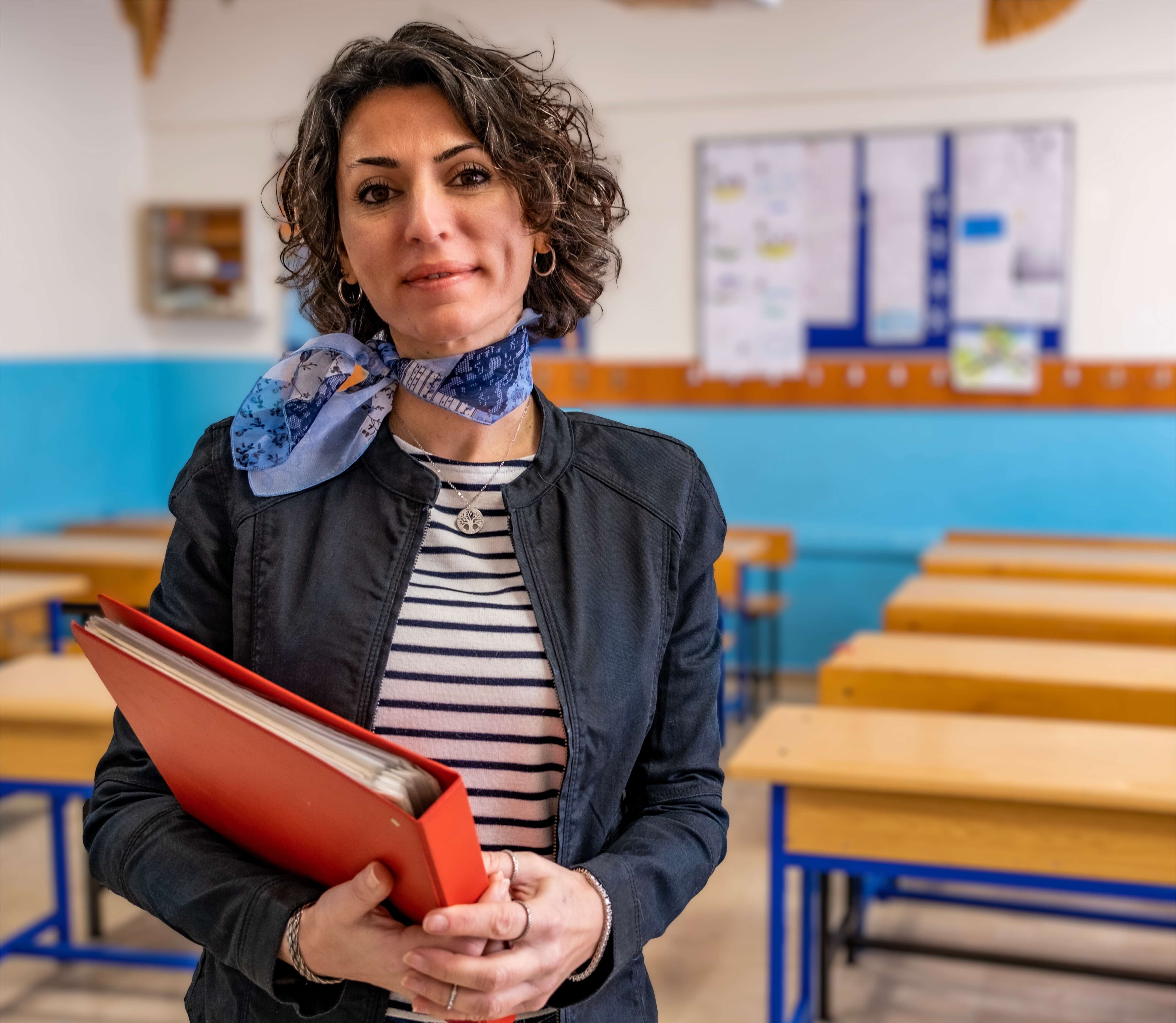
One of the great things about being a teacher is getting a fresh start each school year. Even if you are teaching the same grade level, you get a whole new group of students. You can take what worked last year, scrap what didn't, and start with a clean slate.
As you're getting ready and inviting new students into your classroom, it can be extremely helpful to think about what you want to get from the school year and how you can best serve your students and their families.
Here are six intentions that will help you do just that.
Communicate More Effectively With Parents
Communicating with parents can be a huge challenge. It's an exercise in finding a balance between how much time you're able to spend on communication and how much communication the parents would like.
A few tips that can help you communicate more effectively with parents include the following:
- Stick to one method of communication to keep things simple
- Send information to parents more frequently on a predictable schedule
- Send two positive messages for every negative message
- Make a plan for when and how often you will speak to parents on the phone
The most important thing is to narrow in on a strategy that works for you. Think about what you're comfortable doing and what you have time for. Make your intentions clear to parents, and provide them with a way to contact you if they have any questions or concerns. No matter what your intentions are, they will appreciate knowing what to expect and that you're open to chatting when they need to talk.
Use Classroom Management to Build Strong Relationships with Your Students
Classroom management can be challenging. It is often cited as one of the reasons teachers leave the profession within the first five years. It's never the wrong time to set an intention for classroom management, but doing so is most powerful at the beginning of the year. It's especially powerful if you focus on building strong relationships.
Building strong relationships involves observing student behaviors before reacting. For example, you might be tempted to reprimand a student for playing around inside their desk, but if you observe them for a minute, you might discover that they're sharpening a pencil.
Playing games can help you have fun with your students, making your class more manageable. Letting them get to know you as a person-not just as a teacher-can help, too. The more you find things in common with your students and demonstrate that you're all in this together, the more likely you are to set your students up for a successful year.
Find Ways to Slow Down
Life as a teacher can be hectic. It can feel like there's a lot to get done and not a lot of time to do it. It's easy to find yourself rushing down the hallway to a meeting or skipping lunch in favor of grading papers.
Consider slowing down this school year. Here are a few ideas:
- Walk mindfully in the hallway instead of speed walking wherever you need to go.
- Take your lunch in a restorative way, whether in the break room with other teachers or alone in your room without doing work-related tasks.
- Find five minutes during the day to do deep-breathing exercises, stretch, or meditate.
You could tackle this intention by doing all three, or you might only do one. It's about whatever would be most beneficial for you throughout the school day.
Simplify the Planning Process
Hectic days often mean teachers don't have as much time as they would like to plan educational, engaging, and deeply meaningful lessons. That's especially true for elementary school educators who teach multiple subjects throughout the day.
This year, set an intention to simplify your planning process and give yourself a little grace. Not every lesson plan has to include a fancy manipulative, a fun game, or a memorable activity. Worksheets are still an effective way for students to learn . When you're pinched for time or starting to feel a little burnt out, don't feel bad about reaching for that worksheet.
It's even better if you set yourself up for success by having a bunch of worksheets ready! edHelper has thousands of worksheets in subjects like math, reading, and writing that you can keep handy in your classroom to make lesson planning a little easier.
Create a Classroom Tone
The beginning of the year is the best time to think about how you want your classroom to feel. How do you want to feel every time you step inside your classroom? How do you want your students to feel? Then, decide on a tone and theme your room around it.
For example:
- Create fun brain breaks, sing songs, and choose silly read alouds if you want a fun classroom.
- Send out a weekly newsletter to parents, plan multiple get-to-know-you activities, and create a system of check-ins with each student if you want your classroom to be welcoming.
- Iron out transitions, try a new attention-getter, and plan downtime into your students' routine if you want a calm classroom.
- Rearrange cabinets, label materials, clean out your classroom library, and redo your system for lesson planning if you want a more organized classroom.
Give Better Feedback
Writing scores on homework is a tried-and-true way to give feedback, but there are other ways to give great feedback to students. And when you do, they'll spend more time reflecting on their work, which in turn helps them become more intrinsically motivated.
For example, instead of focusing on the result, you might set an intention to focus on effort. Acknowledge students' sound reasoning, even if they get the wrong answer on a worksheet or a test.
You might decide to focus on the swiftness of your feedback. For example, instead of having students take home an unfinished worksheet as homework, give them time to finish during class the next day so you can go over the answers as soon as everyone is done.
What Intentions Are You Going to Start at the Beginning of the School Year?
Don't feel like you have to tackle all of the intentions on this list at once. Consider focusing on just one or two intentions at the beginning of the year. As they become second nature, you can add new intentions to your routine.
What matters is that you're thinking deeply about how to best serve your students and their families. You're also thinking deeply about creating habits that will enable you to keep showing up as your best self for your students, your colleagues, and yourself.


